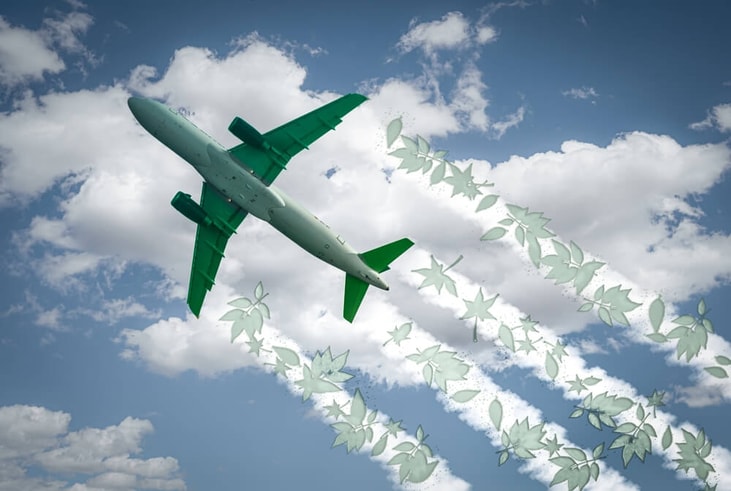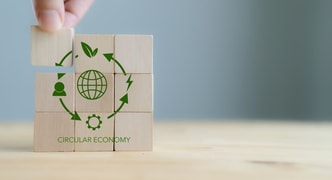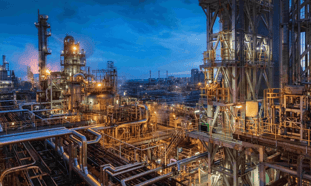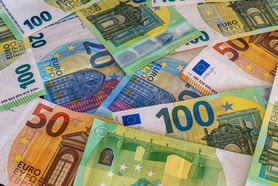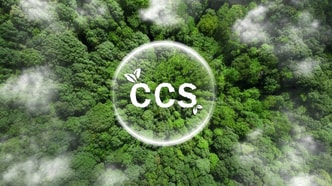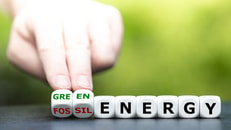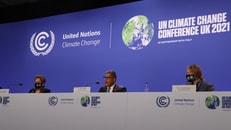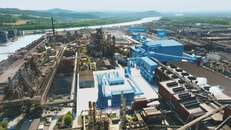Nippon Express launches new clean jet fuel programme in Japan
Japanese logistics group Nippon Express Holdings (Nippon Express) has announced its new NX-GREEN SAF (sustainable aviation fuel) carbon-insetting programme in Japan, which aims to reduce carbon dioxide (CO2) emissions from all air transport services provided by the NX Group.
The scheme will allow customers to purchase the environmental attributes derived from SAF to reduce emissions in customers’ supply chain. According to the International Air Transport Association (IATA), SAF can reduce CO2 emissions by up to 80%.
The programme will be available for transport services arranged by the NX Group and is the first Japanese-affiliated forwarder to offer such a service without restrictions on the choice of airline.
Customers who choose to take part in the programme will be issued with a CO2 reduction verification statement by certification body SGS, which can be used in the information disclosure required by the Task Forced on Climate-related Financial Disclosures (TCFD).
... to continue reading you must be subscribed

